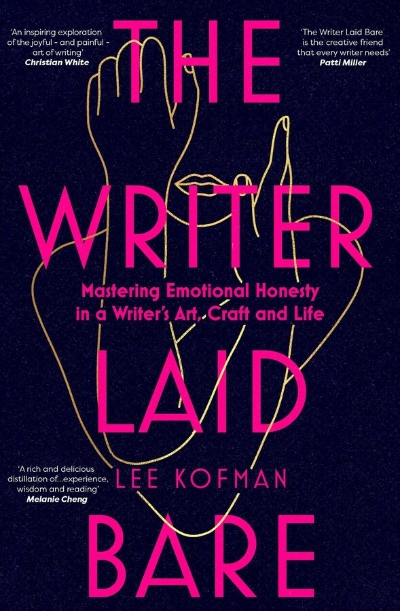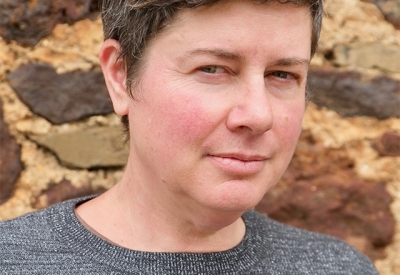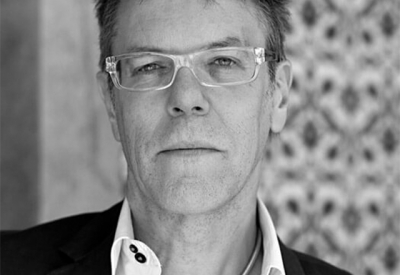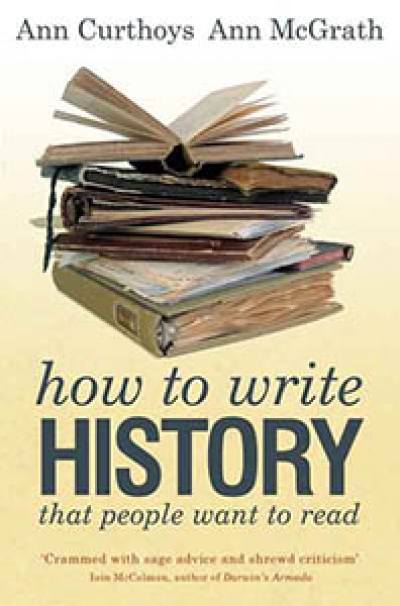Art of Nonfiction
The Writer Laid Bare: Mastering emotional honesty in a writer’s art, craft and life by Lee Kofman
I love pop music that makes me want to dance and fills my heart with joy. Michael Jackson used to be my man. My current favourite song is ‘Happy’ by Pharrell Williams. I’m living in Brooklyn at the moment and the song has been bursting out of the window of every second car all summer long. But if we’re talking desert island albums, I’d be taking some Miles Davis with me. Kind of Blue maybe, or fast forward a few decades to Bitches Brew.
... (read more)I don’t understand happiness – it always feels coercive – and because of this I don’t understand why the promotion of products that bring happiness holds such wide appeal. I associate consciousness with anxiety: whatever takes you out of yourself brings a kind of relief from this. This can include writing, but also dreaming.
... (read more)On an early spring evening in 1919, in a nearly empty cinema in the English seaside town of Lyme Regis, a slight, dark-haired figure slipped into a seat at the farthest edge of a row. From here, she would have a clear view of the profile of the youthful pianist who, sheltered behind a screen, accompanied the silent film. In white tie and tails, with her fair hair slicked down, the young musician could easily have passed for a boy. But Henry knew better. She had already extracted from the cinema’s owner the useful information that the pianist who gave such superlative performances night after night in the dark, sparsely filled hall was his daughter, Olga. The delicious ambiguity of the young woman’s appearance only added to the pleasure of her effortless improvisations. The soft, feminine form in its stiff, masculine garb was as enticing as the verve and finesse of the music itself.
... (read more)‘Who do you think you are?’ an eminent paediatrician once thundered at me across a child’s cot during his weekly grand ward round. ‘Anton Chekhov?’
... (read more)Address to the reader is one of the conventions of the modern essay form, going back to Montaigne, who includes a statement of address by way of an introduction to his collected writings. A question or series of questions refreshes the direct address along the way, accentuates the sense of voice, and vitalises the connection by supposing the reader as an interlocutor, someone whose responses may be silent, but are explicitly solicited. For the reader, this necessarily carries the risk of being co-opted into a pretence of dialogue: there is an assumed complicity in the line of thought, and on the principles guiding it.
... (read more)Why do you write?
It seems to be the only way I can make sense of things. I am often surprised that everybody doesn’t feel like this. It is such a profound thrill to work with fiction and to see the patterns emerge, to feel the rhythm of the story as it develops.
Are you a vivid dreamer?
There’s a thing that happens – I am asleep, but I seem to be awake watching a full colour dramatisation on a kind of screen. If I shut my eyes the scene disappears, but when I open them, it resumes and does not stop.
... (read more)How to Write History That People Want to Read by Ann Curthoys and Ann McGrath & Voice and Vision by Stephen J. Pyne
Ramona Koval: I would like to begin by talking about the differences between writing fiction and non-fiction. You write about birth and youth, sex, illness, death, sisters ... the big things in life. How does that differ for writing fiction and non-fiction, if at all?
Helen Garner: I find that the subjects for non-fiction that I write about seem to present themselves from outside myself, whereas the fictional ones are much more some little thing that’s been worming away at me that I’ve become conscious of. The fiction kind of worms its way out and the non-fiction worms its way in, I suppose you could say it that way.
... (read more)I’ve told this story before, but perhaps I might give it one last run ... There I was at a NSW Premier’s Literary Award dinner, giving the annual address and I wanted to say, in passing, that much verse and most fiction, like most of anything else, are more likely to be products of imitation than of imagination. On the other hand, essays, history, philosophy, prose sketches, social, political and cultural analysis, popularisations of specialist scholarly stuff and all kinds of criticism can at times be more imaginative than verse or fiction – and display greater literary qualities.
... (read more)



